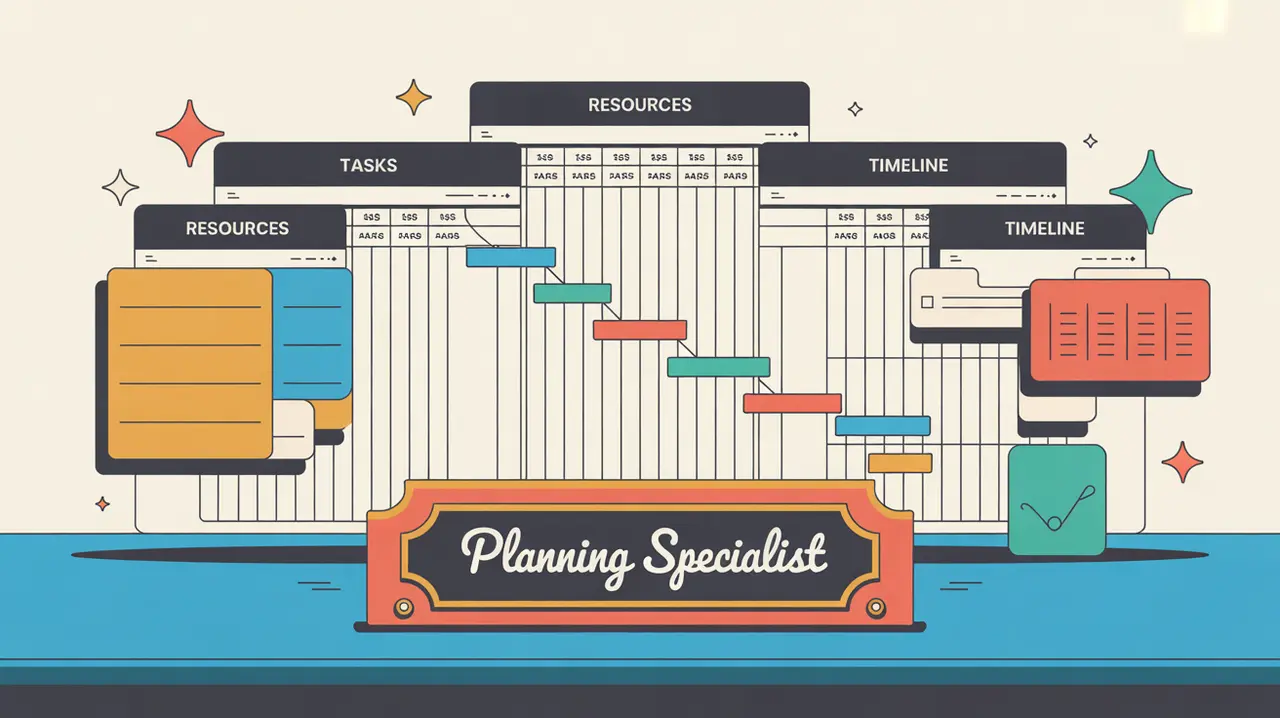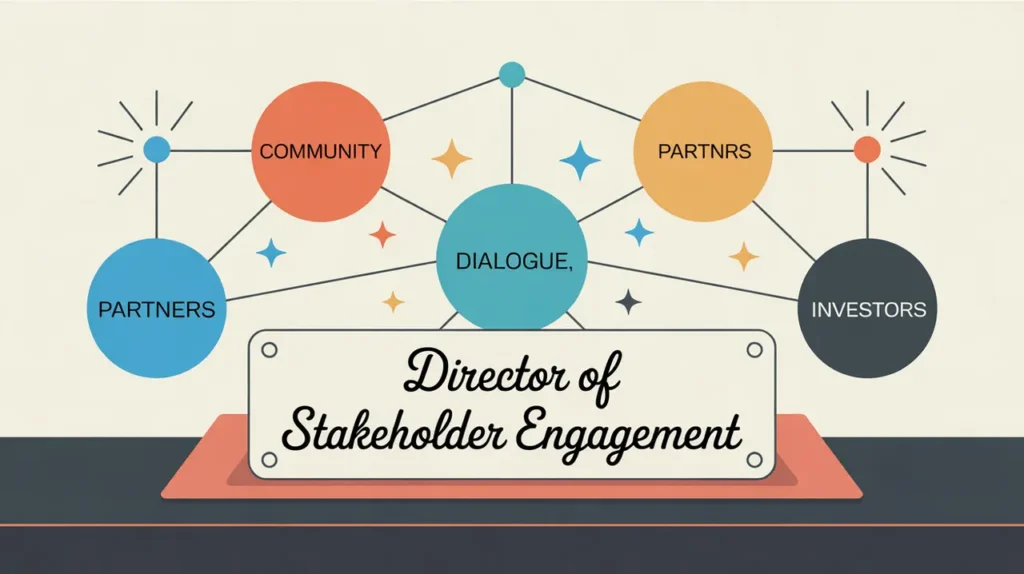What Does the Planning Specialist Role Involve?
A Planning Specialist is responsible for supporting the design, coordination, and execution of organizational planning processes. They work closely with leadership and teams across departments to develop strategic, operational, and programmatic plans that are evidence-based, coherent, and aligned with organizational goals. Their work involves data analysis, planning framework application, timeline coordination, and report preparation to ensure plans are both actionable and measurable.
In nonprofits and social enterprises, Planning Specialists are essential to ensuring that strategy is translated effectively into clear plans, enabling coordinated action and informed decision making across the organization.
At What Level does this Role Operate?
Mid Level: Planning Specialists typically operate with moderate autonomy, reporting to a Planning Lead, Director of Strategy, or Chief Operating Officer. They act as key intermediaries between leadership and implementation teams, ensuring planning processes are well structured and consistently applied.
Relative Employability: Planning Specialist roles are in steady demand across nonprofits, social enterprises, and development organizations that value structured planning and adaptive strategy. Their blend of analytical, facilitation, and coordination skills makes them highly adaptable to various organizational contexts.
Relative Pay Scale: Planning Specialists usually occupy the mid pay band. Their compensation reflects their analytical and coordination responsibilities, sitting above administrative planning roles but below managerial or lead-level positions.
What are the Key Responsibilities and Activities?
- Support the design and refinement of organizational planning frameworks and tools
- Coordinate planning timelines, deliverables, and stakeholder engagement across departments
- Collect and analyze data to inform planning decisions and strategic priorities
- Translate strategic objectives into operational and program plans with measurable targets
- Prepare draft planning documents, reports, and presentations for leadership and board review
- Monitor planning progress and flag issues, risks, or misalignments for follow-up
- Facilitate planning workshops and meetings to ensure cross-team coherence
- Collaborate with leads and clerks to maintain accurate planning documentation and records
What Core Competencies and Qualifications are Needed?
Required Qualifications and Experience
The following reflect common qualifications and experience expected for this role, while recognizing that pathways may vary by context, organization, and region.
- Relevant academic background in strategy, public policy, business, program management, or related fields
- Several years of experience in planning, strategic coordination, or program management
- Familiarity with strategic planning frameworks, data analysis methods, and planning software
- Experience supporting cross-functional processes in nonprofits or mission-driven organizations
Key Competencies
- Strong analytical and data interpretation skills
- Organizational and project management abilities to coordinate timelines and deliverables
- Effective communication and facilitation skills for engaging multiple stakeholders
- Attention to detail and commitment to data and documentation quality
- Ability to bridge strategic priorities and operational execution
- Adaptability and problem-solving mindset in dynamic contexts
How are AI and Automation Shaping this Role?
An AI-native Planning Specialist can use AI tools to analyze data quickly, generate planning scenarios, and automate routine tasks such as timeline management and reporting. Predictive analytics can help identify potential risks or resource gaps, while generative AI can assist in drafting planning documents and summaries. These tools enable specialists to focus more on analysis, synthesis, and strategic facilitation rather than manual coordination.
What Career Pathways and Transferable Skills are Associated with this Role?
Planning Specialists can progress to roles such as Planning Lead, Director of Strategy, Program Manager, or Operations Lead. Their analytical and coordination skills are transferable to roles in strategic planning, program development, operations management, and consulting. Over time, they may take on greater responsibility for leading organization-wide planning processes or shaping strategic priorities at higher levels.







